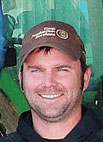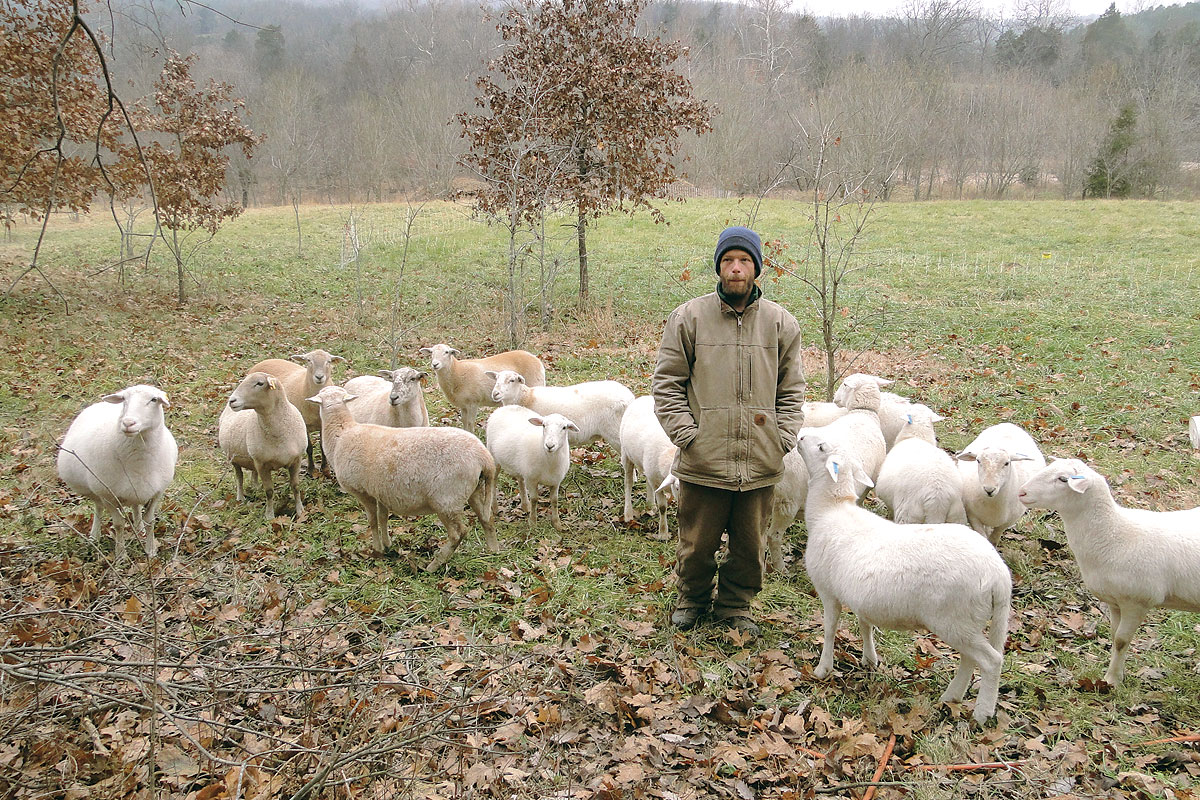 This is the story of a young couple deciding to build a farm from scratch, something unusual in this day and age. Cody Hays, now of Gentry, Ark., met his future wife Carrie when he was a junior in college at the University of Arkansas. Cody said, “Land prices are too high to make a purchase viable for expansion and leased land is competitive.” Cody and Carrie, however, were undeterred.
This is the story of a young couple deciding to build a farm from scratch, something unusual in this day and age. Cody Hays, now of Gentry, Ark., met his future wife Carrie when he was a junior in college at the University of Arkansas. Cody said, “Land prices are too high to make a purchase viable for expansion and leased land is competitive.” Cody and Carrie, however, were undeterred.
They began farming by purchasing 50 acres and cows through a bank, then leasing a farm and increasing the herd size with Cody being a part-time farmer for the first two years. After adding more lease land, they decided to add crop farming and became full time farmers. They now own and rent 655 acres with 415 acres in crops and 150 acres in pasture. Cody said, “You have to have a good banker who will stand behind you when you lose money because she believes in you and your operation.” Then Cody added, “A cow/calf operation may not always make a lot of money, but they seldom lose any. Although crops are weather dependent and a different story, I love crop farming which now supplies 80 percent of our income.”
Cody came from a family of cattle ranchers and started his Gentry operation with Angus/Simmental cattle. He had of a herd of 125 mommas but downsized his herd to 50 momma cows when he decided to add crop farming which later decreased to 25.
This year Cody has not been able to make crop decisions for 100 acres because the company he sells crops too, Allen’s Canning, sold out to Sager Creek Acquisition. As of the first part of March growers had not yet met with the new owners for direction. For the last three years Cody was also part of a government crop rotation program but decided not to renew because the program allowed no flexibility in the planting schedule. Cody said, “To be successful, you need to customize your rotation according to commodity prices and average yields.”
Cody particularly likes raising wheat because his average yield is 70 bushels per acre while the county and national averages are only 44. Cody raises four crops: corn, soybeans, wheat and green beans.
Cody prefers to use chicken litter as fertilizer because it is carbon-based and does best rounding out nutrition. Part of the process is complying with State regulations, which includes presenting samples of both the soil and litter batch for testing to ensure good soil management practices and nutritional balance.
Chemically treating for weeds is another important part of the crop operation. Cody said, “One nice thing in this area is that we are not seeing Roundup-resistant weeds yet perhaps because most of the land is used for cattle. Farmers in other parts of the state are not as fortunate.” Cody, therefore, uses standard chemicals with corn, wheat and soybeans, but the green beans are a more complicated issue because they are used for human consumption. The approved chemicals are not as effective but they are safe, which means treating for weeds is not as cost-efficient for green beans as it is for the other commodities.
The Hays farm has two additional money making components. The first is Ozark Corn Maze with 4 acres of pumpkins, a petting zoo and a corn cannon.The second is a custom spraying business featuring a self-propelled 80-foot wide sprayer used mainly for wheat and for the application of late fungicides and liquid nitrogen.
The Hays’ have three children: Garrett, 13; Emily, 11; and Ty, 9. All of the children are in 4-H and show pigs of various breeds as well as participating in the Oak Grove Riding Club which includes Western pleasure, barrels, poles and speed. In addition, the boys are beginning to learn to rope. Emily won the Arkansas State Fair Reserve Champion Gilt last year.







